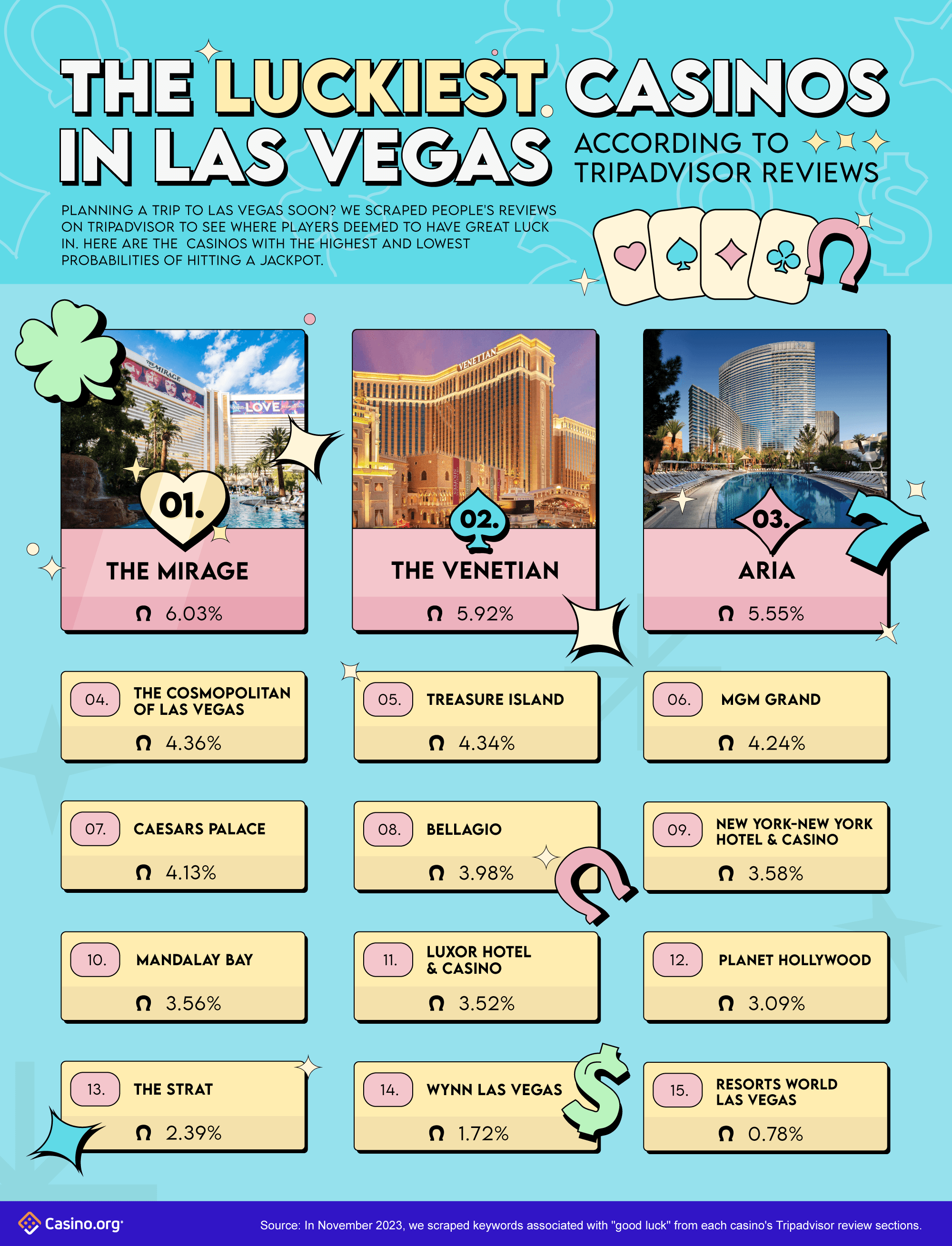
Gambling in casinos has long been a topic of interest and controversy, attracting millions of players around the world. With a blend of luck, strategy, and the excitement of risk, casino games offer an exciting escape from everyday life. However, as entertainment becomes ever more accessible, it calls for a more thorough examination of the ethical implications surrounding these games.
At the heart of the discussion lies the issue of whether casinos promote safe gambling or take advantage of at-risk individuals. The allure of potential winnings versus the reality of losses can create a challenging dynamic, and understanding this balance is crucial for both players and operators. As we delve into the morals of casino gaming, we will explore the responsibilities of casinos, the impact on society, and the steps that can be taken to foster a healthier gaming environment.
The Impact of Casino Gaming on Society
Gambling in casinos has a considerable influence on societal dynamics, affecting not only the financial landscape but also social behaviors and local frameworks. The revenue generated from casinos can lead to job creation and boost regional economies, as they provide multiple employment opportunities in different sectors including food and beverage, leisure activities, and retail. However, while the economic advantages can be substantial, communities often grapple with the potential negative impacts that arise from increased gambling activity.
Additionally, the presence of casinos can lead to an increase in gambling addiction, presenting serious challenges for players and families. The excitement of casino games can quickly evolve into a compulsive habit, affecting connections with others and leading to monetary issues. Many players may find it difficult with the loss of control over their gambling habits, resulting in a need for assistance programs and help to address this growing issue. The social cost of gambling addiction can extend through kinships and neighborhoods, creating an urgent need for responsible gaming initiatives.
In addition to the economic and social consequences, casino gaming often showcases cultural attitudes towards uncertainty and leisure. It can encourage a sense of excitement and leisure, attracting tourists and boosting local travel. However, this allure may also conceal the wider implications of gambling as a method of entertainment, raising ethical questions about its advertisement and accessibility. As communities weigh the advantages and disadvantages of casino gaming, the need for responsible practices and oversight becomes increasingly critical in ensuring that the positive aspects are maximized while reducing the potential harms.
Moral Concerns in Betting Practices
The ethics of gambling operations often center around the risk for dependency and its consequences on individuals and families. Gambling can lead to serious monetary distress, impacting not only the gamblers but also their families. As people become caught in the allure of winning, many lose sight of their budget, which can result in catastrophic outcomes such as bankruptcy. This poses ethical questions about the duty of casinos in promoting safe gaming practices and offering support for those who may be dealing with betting addiction.
Another major concern is the promotion of gambling to vulnerable groups. Gambling establishments often target low-income people or communities with the promise of quick gains, which can perpetuate patterns of poverty and hopelessness. In this context, the ethics of marketing strategies used by casinos come under scrutiny, as they may exploit the desperation of people seeking an escape from economic troubles. This manipulation raises moral questions about the integrity of the betting industry and its responsibility to safeguard its most at-risk customers.
Additionally, the impact of gambling gaming on the community as a entirety cannot be ignored. While some argue that casinos create jobs and stimulate local economies, others point to the community costs associated with problem betting, increased crime rates, and a burden on public resources. Balancing economic benefits with the risk for community issues presents a challenging ethical dilemma for lawmakers and casino operators alike. The challenge lies in finding a responsible approach that takes into account the well-being of people and communities while still permitting for the enjoyment of gambling activities.
Oversight System and Obligations
The regulatory system related to gambling activities is developed to ensure equity, integrity, and participant security. Multiple government bodies and gaming commissions establish and apply regulations that dictate how gaming games work, the criteria for game creation, and the processes for handling prizes. These regulations vary by jurisdiction but typically involve licensing requirements for providers and stringent measures to prevent deception and dishonesty.
In addition to oversight bodies, casino businesses bear considerable responsibility in maintaining moral standards within their facilities. They must adopt ethical gaming practices that promote participant safety and consciousness, including providing self-exclusion options and offering information about the dangers related to gaming. casino sites not on GamStop Casinos are also responsible for training workers to spot signs of difficult gambling and know the correct actions to assist customers in trouble.
Additionally, clarity in gaming operations is crucial for building and maintaining public trust. Operators should present clear details about the probabilities of activities, promotional deals, and any associated hazards. By creating an culture of honesty and trust, operators can help reduce the likelihood adverse impact of betting while enhancing the general gaming experience for all gamblers.